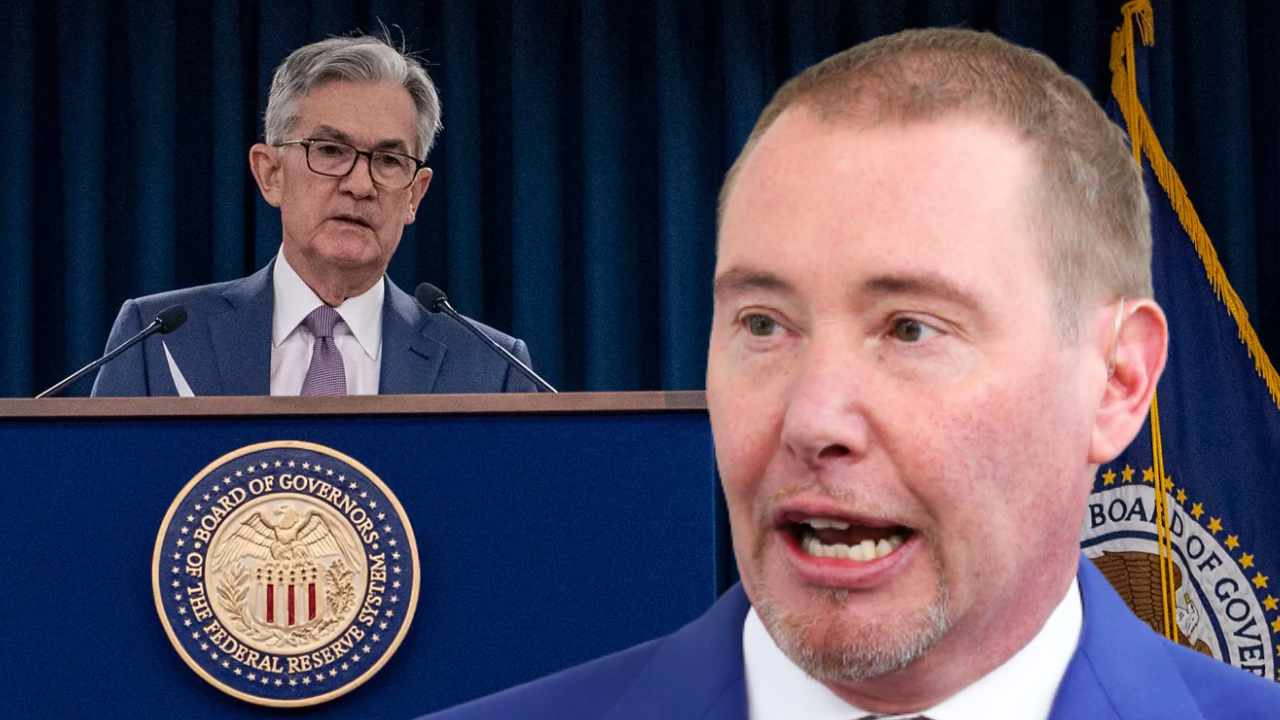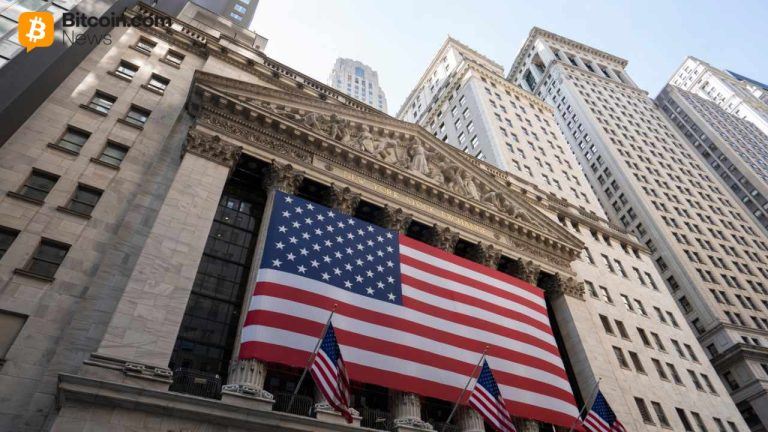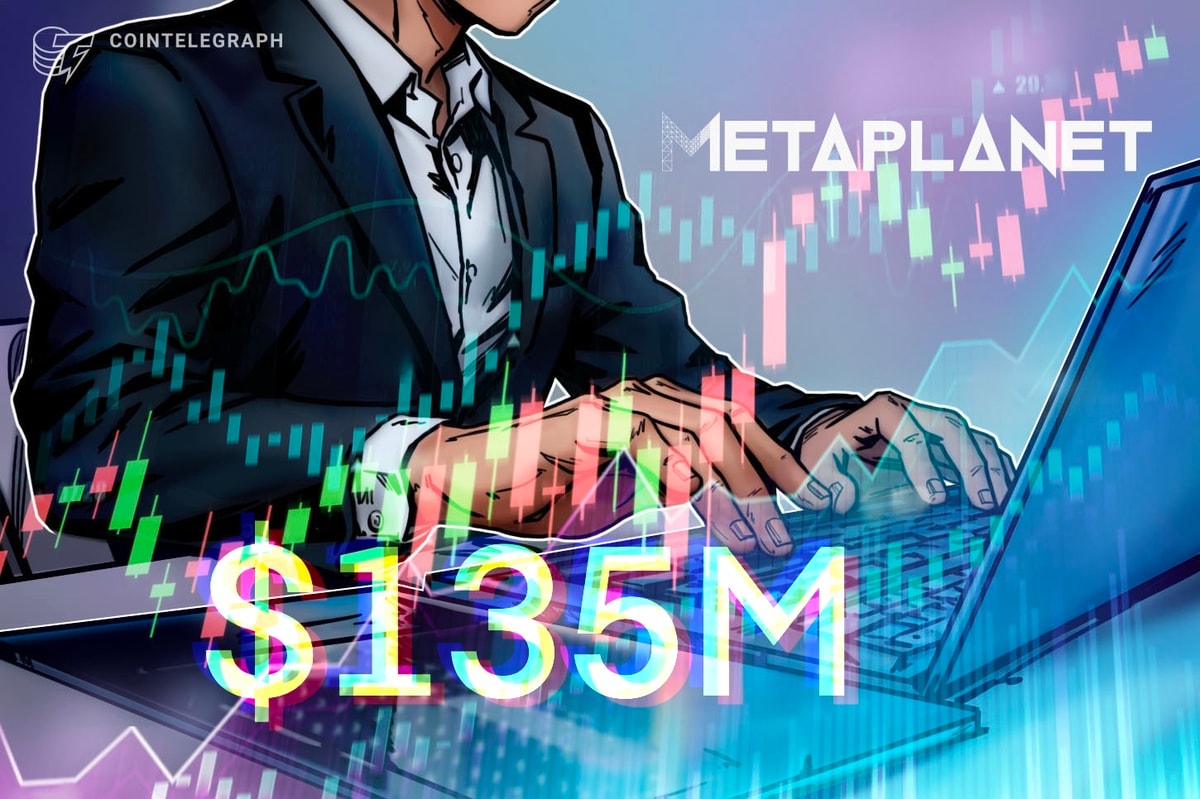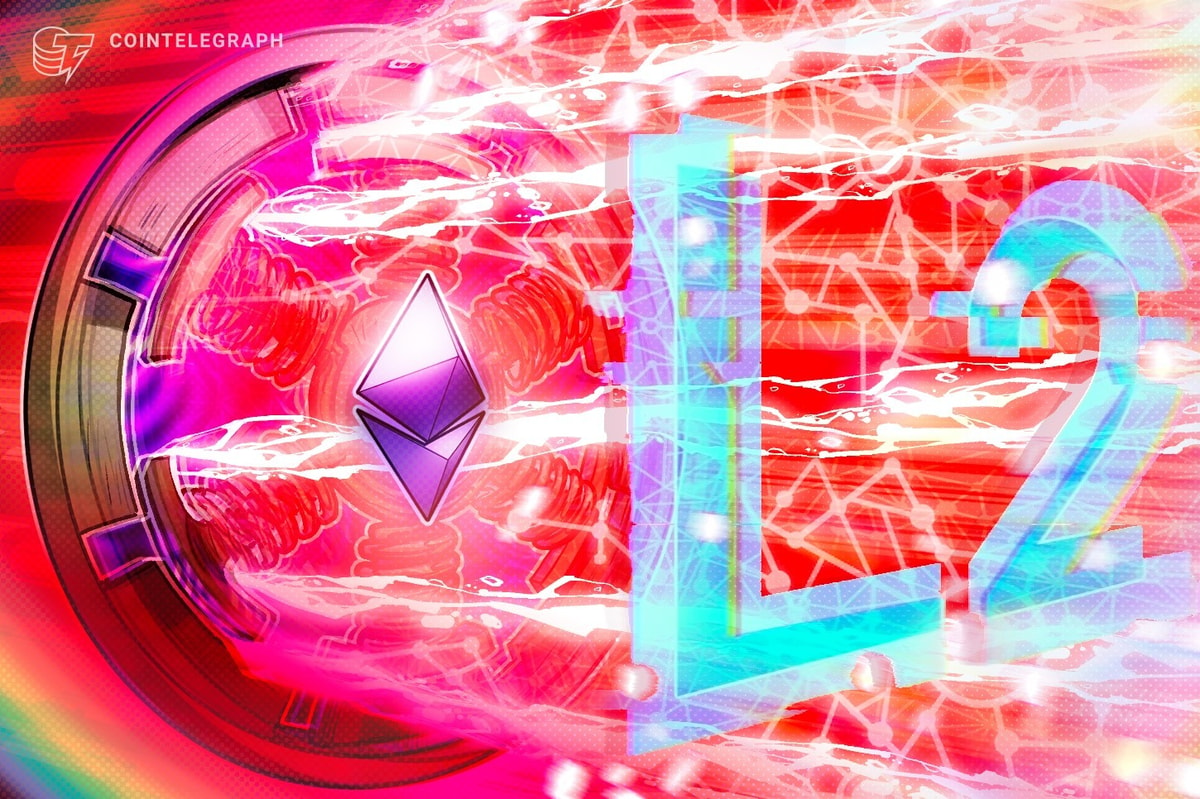Billionaire ‘Bond King’ Jeffrey Gundlach Expects Fed to Raise Rates Next Week — ‘That Would Be the Last Increase’ – Economics Bitcoin News
3 min read
Billionaire Jeffrey Gundlach, aka the “Bond King,” expects the Federal Reserve to raise interest rates at its March meeting next week, which “would be the last increase,” he said. In addition, Gundlach cautioned: “The inflationary policy is back in play with the Federal Reserve.”
Doubleline CEO Jeffrey Gundlach on Fed Rate Hikes
Jeffrey Gundlach, chief executive and chief investment officer of investment management firm Doubleline, shared his Fed rate hike expectations in an interview with CNBC Monday. Gundlach is nicknamed “the Bond King” after he appeared on the cover of Barron’s as “The New Bond King” in 2011. According to Forbes, his net worth is currently $2.2 billion.
Following the collapses of Silicon Valley Bank and Signature Bank, many economists have revised their rate hike predictions. Global investment bank Goldman Sachs, for example, no longer expects the Fed to raise interest rates in March.
Regarding whether the Federal Reserve will raise interest rates at its next Federal Open Market Committee (FOMC) meeting next week, Gundlach said: “I just think that, at this point, the Fed is not going to go 50 [basis points]. I would say 25.” He elaborated:
To save, kind of, the program and their credibility, they’ll probably raise rates 25 basis points. I would think that that would be the last increase.
Noting that the Silicon Valley Bank fallout is “really throwing a wrench in [Fed Chair] Jay Powell’s game plan,” the executive emphasized: “I wouldn’t do it myself. But what do you do in the context of all this messaging that has happened over the past six months, and then something happens that you think you’ve solved.”
On Sunday, the Treasury Department, the Federal Reserve Board, and the Federal Deposit Insurance Corporation (FDIC) disclosed a plan to support depositors at failed Silicon Valley Bank and Signature Bank. The Treasury Department will furnish up to $25 billion from its Exchange Stabilization Fund to cover any prospective losses from the funding program. The Federal Reserve also announced that it will grant loans for up to one year to entities impacted by the bank failures.
While anticipating a rate hike in March, Gundlach acknowledged the possibility that the Fed may not raise rates, noting that the market is currently pricing in this possibility as a “kind of a coin flip.”
Gundlach also reiterated his warning about an upcoming recession, citing the dramatic steepening of the Treasury yield curve that generally precedes an economic downturn. Noting that “In all the past recessions going back for decades, the yield curve starts de-inverting a few months before the recession comes in,” the billionaire opined:
I think that the inflationary policy is back in play with the Federal Reserve … putting money into the system through this lending program.
Do you agree with Jeffrey Gundlach? Let us know in the comments section below.
Image Credits: Shutterstock, Pixabay, Wiki Commons
Disclaimer: This article is for informational purposes only. It is not a direct offer or solicitation of an offer to buy or sell, or a recommendation or endorsement of any products, services, or companies. Bitcoin.com does not provide investment, tax, legal, or accounting advice. Neither the company nor the author is responsible, directly or indirectly, for any damage or loss caused or alleged to be caused by or in connection with the use of or reliance on any content, goods or services mentioned in this article.
Read disclaimer







